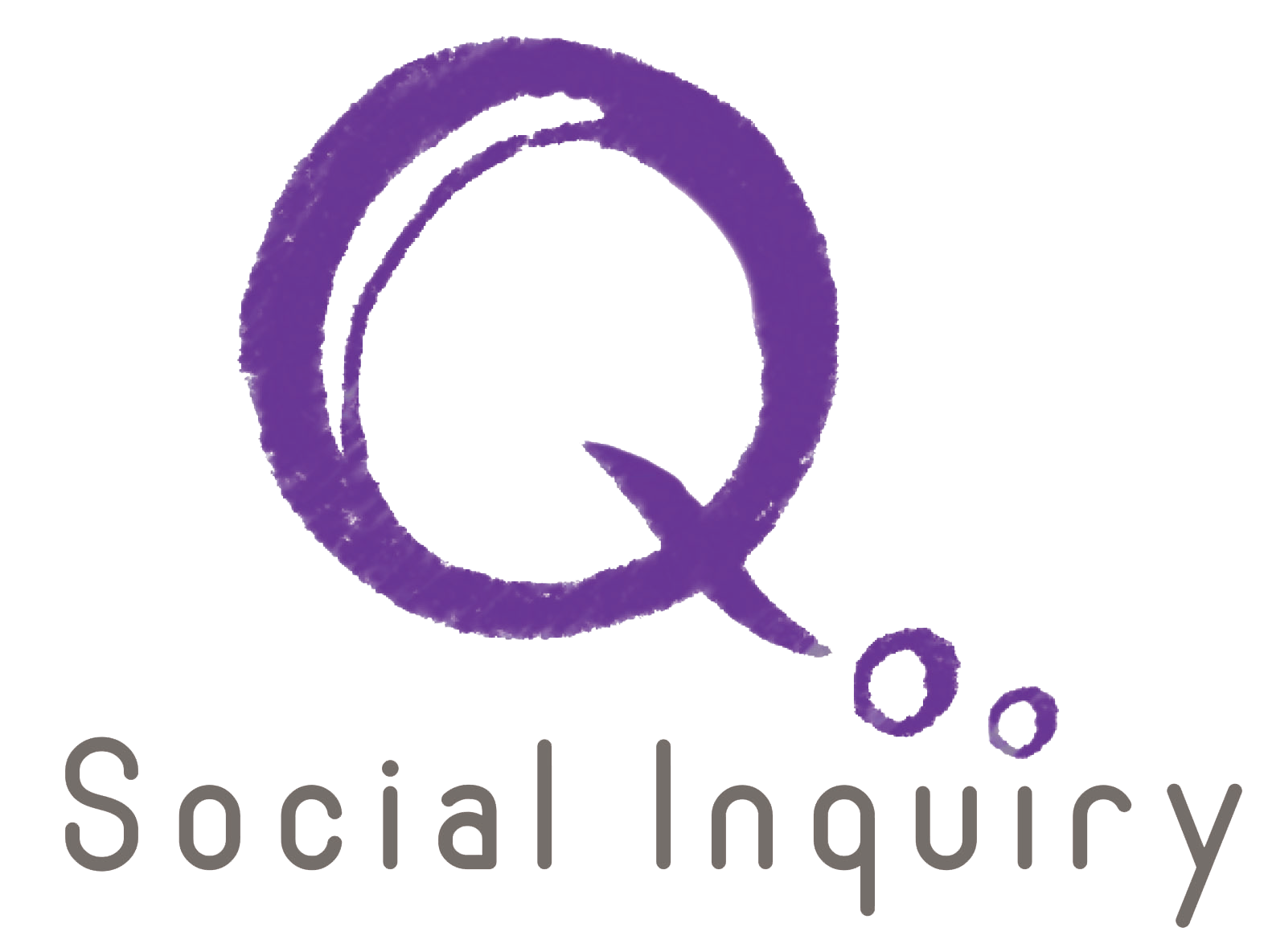Streets Tell Stories: The Effects of Neighborhood Social Environment on Mental Health and Psychosocial Wellbeing in the Aftermath of Conflict
This research seeks to explore the effect neighborhood- or street-level physical, social, and institutional factors have on individual mental health and psychosocial outcomes in the aftermath of conflict, as the internally displaced return home to rebuild their lives and communities. Such exploration is based on an understanding that both psychosocial wellbeing and socio-ecological factors affect the prospects for durable reintegration and in turn long-term peace and reconciliation in post-conflict settings. Drawing primarily on original data collected from 765 residents of Baiji, a mid-sized city in Salah al-Din Governorate in Iraq particularly affected by the ISIL conflict, analysis and findings here highlight not only the individual factors that influence psychosocial wellbeing, but the protective effects of street-level social cohesion, institutional trust, and public participation on this outcome as well.
Download the report here.
